The guards approach the skipper of a yacht, moored to an ecological buoy, in a cove of Xàbia, last Thursday.JOAQUIN DE HARO RODRIGUEZ
It is a treasure, still very unknown and sometimes annoying.
Posidonia oceanica, an endemic species of the Mediterranean, cleans the waters, releases oxygen and traps CO2, more than a tropical forest.
It is an underwater plant, not an algae, as many bathers think and abhor it when its remains accumulate on the beaches, where it helps to fix the sand and fight storms.
The Valencian Community has the largest area of Posidonia in Spain (it is estimated that it occupies about 30,000 hectares), after the Balearic Islands (about 55,000 hectares).
The meadows around Ibiza and even Formentera were declared a World Heritage Site by UNESCO in 1999.
The closest point between these Pitiusas Islands and the Iberian Peninsula is between the Alicante towns of Dénia and Xàbia, separated by the Sant Antoni cape, a marine reserve where there is also a lot of posidonia and, therefore, a great wealth of flora and fauna. fauna.
Manu Pérez and Gonzalo Santos have been patrolling there since the beginning of June in a boat belonging to the Valencian Government.
“The people around here, the professionals, are well aware of the importance of posidonia, what not to do and what the rules are.
The people who rent yachts, the ones who come from outside, are the least respectful”, he points out.
Both are part of the new Posidònia Surveillance Service that the Ministry of Agriculture, Rural Development, Climate Emergency and Ecological Transition has launched this year with the aim of protecting, informing and raising awareness about this natural asset, with the only precedent of the Balearic service.
The watchman Manu Pérez, at the helm, the coordinator Antonio Pérez, and the watchman Gonzalo Santos, on Thursday around Cape Sant Antoni.JOAQUIN DE HARO RODRIGUEZ
They are not policemen, they are vigilantes.
They observe, warn, educate environmentally.
"If we see a serious reason for an infraction, we talk to the coast guard or the corresponding authority," the skipper Manu Pérez explained last Thursday, while maneuvering to leave the Dénia yacht club.
The illegal practice of anchoring is one of the problems for the survival of this plant, threatened above all by pollution, discharges into the sea and the increase in water temperature.
During the summer, the number of pleasure boats that anchor in coves with crystal clear waters multiplies, thanks largely to the posidonia, with the consequent danger that the anchors and chains drag and destroy the meadows.
In the port itself, yacht occupants are already warned that they are going much faster than allowed.
In the waters that bathe the natural park of the Montgó massif, in front of the cliffs that house spectacular caves, such as the very popular Cova Tallada, the guards gesture to another patron to slow down.
He approaches and assures that he was going at full speed (you cannot sail at more than six knots through the reserve) because he is not feeling well and needs to get to Dénia soon.
It doesn't sound very convincing.
There is a swell, that movement of the waves that is generated far away, "this probably comes from the storms in the Balearic Islands," says sailor Gonzalo Santos.
They do not seem affected by the constant and sometimes abrupt back and forth, unlike the journalists.
When turning at the height of the cape and entering Xàbia, the sea calms down.
The guards introduce a bathyscope in order to observe the state of the posidonia meadow in a cove in Xàbia. joaquin de haro rodriguez
In front of a beautiful cove, several yachts anchor, two share an ecological buoy, which does not damage the seagrass beds.
With a simple bathyscope or scope, the plants can be seen perfectly from the patrol boat and it is verified that there is no anchor in the meadow.
Rocked by the current, posidonia (which has roots, stem or rhizome, leaves, flowers and fruits) has something hypnotic about it.
The two families of the yachts appreciate the information from the security guards and claim to be aware of the value of posidonia.
They come from Vila-Joiosa, where, they comment, it is not so easy to find ecological buoys, to which they are hooked with the gaff (a stick shaped like a hook at the end) and which allow environmentally friendly moorings.
On weekends it is much more difficult.
The coves are filled with boats.
There is real congestion and there are not enough buoys, which are generally installed by town halls and by the Generalitat, in the case of marine reserves.
Two weeks ago, some yachts began to chase several humpback whales through these waters, huge whales that travel through the Mediterranean in their still uncertain migration through the seas and oceans.
“Many do not know that they cannot be persecuted because they can become disoriented, among other reasons.
A boat passed between a mother and her calf.
One wanted to record them with the mobile.
Another wanted to jump into the water to bathe with them”, explain the guards.
Although their mission is posidonia, they also act and report in cases like this.
Or from time to time they pick up a helium balloon from a fair that ends up in the sea, as happened last Thursday.
A posidonia meadow in Valencian waters. Shutterstock
This surveillance service of the Valencian Community is formed in its first year by eight boats, six itinerant and two with fixed headquarters in Dénia and Valencia, and is made up of a team of 18 people.
Marine biologist Antonio Pérez is one of the coordinators.
His vocation is noticeable as he begins to talk about the virtues of Posidonia, "a nursery of biodiversity" and stresses the need to fight against its decline.
The Ministry plans to map the entire Valencian coast to collect updated data.
The Valencia Oceanographic Foundation has already started a project to map the rich meadows of the Marina Alta region.
The Valencian Minister of Climate Emergency, Mireia Mollà, from Compromís, explains that they studied and followed up on the pioneering initiative in the Balearic Islands for the surveillance of posidonia, "which is being very positive", before starting the Valencian initiative.
"Our marine forests, which capture up to 10 times more CO2 than terrestrial forests, have not had the same visibility as these," she reasons.
That is why she emphasizes the importance of the decree approved in May for the conservation of these prairies, also of seagrass nominees.
“That decree must be a turning point.
It was a pending subject.
Hence the regulatory, budgetary effort and the implementation of the surveillance service, ”she adds.
Balearic Islands imposes 300 fines
LUCIA BOHORQUEZ
In the Balearic Islands, the Posidonia surveillance service has been operating on the coasts of the entire archipelago since 2017, although the experience began in Formentera in 2013 after some photographs by the marine biologist Manu San Félix that reflected the consequences that the enormous yacht anchors had on posidonia meadows.
"The total prohibition of anchoring on the prairies had a significant impact on the nautical sector" explains the head of the service, Marcial Bardolet.
The anchoring areas changed and a specific cartography was promoted, an atlas of the 650 square kilometers that this plant occupies under the waters, to which several mobile applications have now been added.
The guards have, above all, an informative vocation that has obtained good results, since the illegal anchoring rate on posidonia went from 18% in 2017 to 5% in 2021.
In these five years around 300 fines have been imposed, the last one a few days ago in Mallorca when the skipper of the boat refused to move and challenged the security guards to call the Civil Guard.
“There is a change in habits, they are more aware and they know what posidonia is.
An enormous awareness of protectionism has been awakened in the Mediterranean” says Bardolet.
Last summer alone, 20,000 anchor checks were carried out and 5,000 poorly anchored ships were moved.
50% off
Exclusive content for subscribers
read without limits
subscribe
I'm already a subscriber

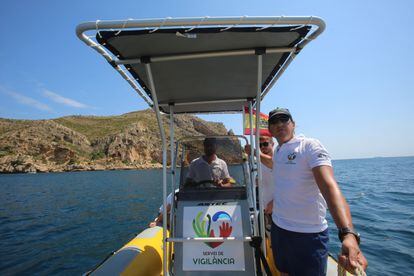


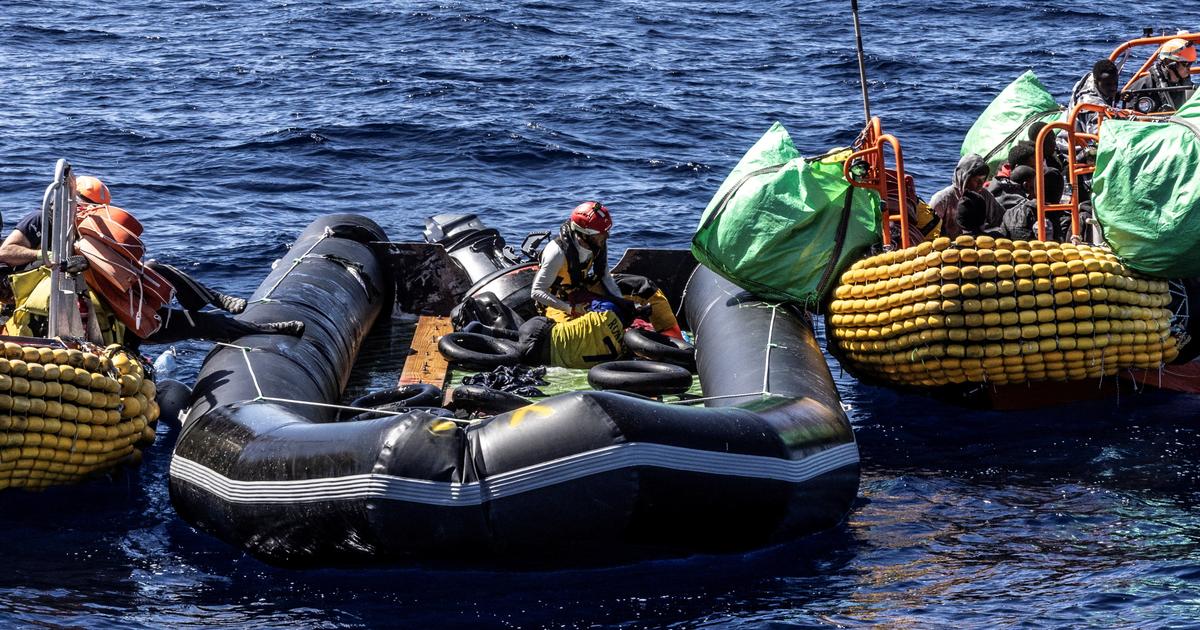
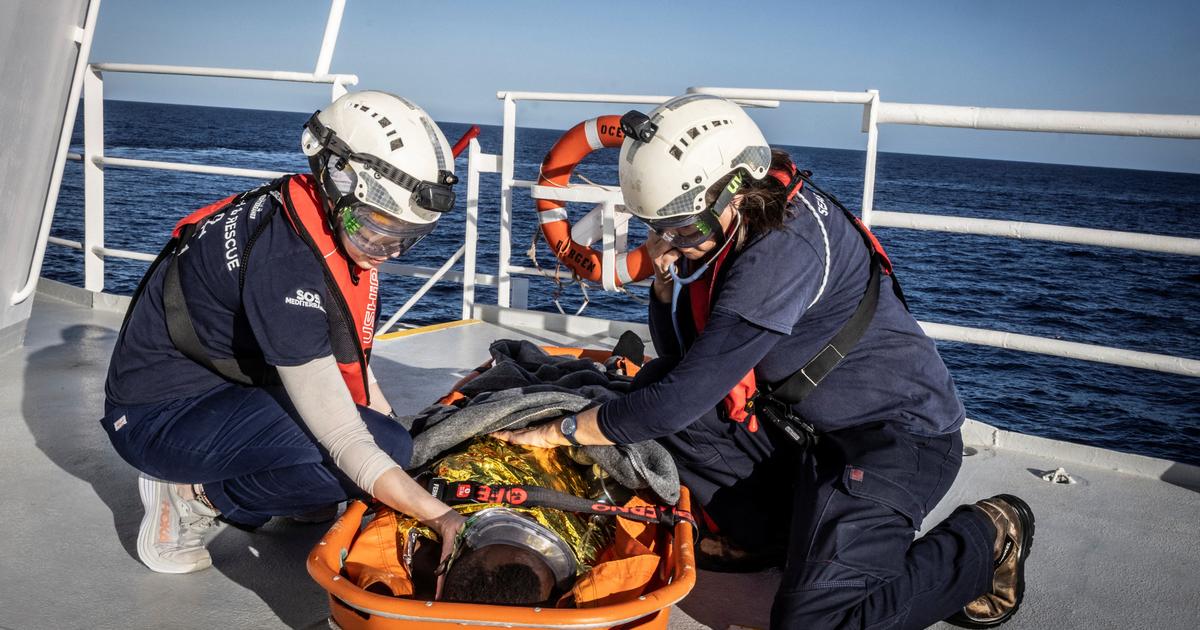
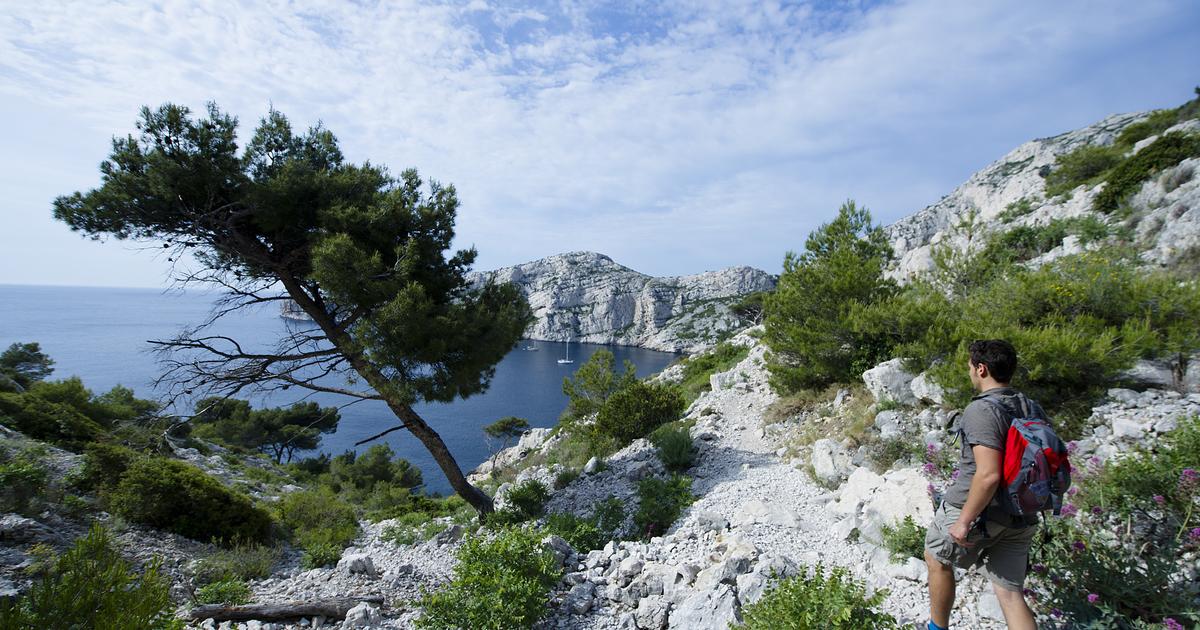

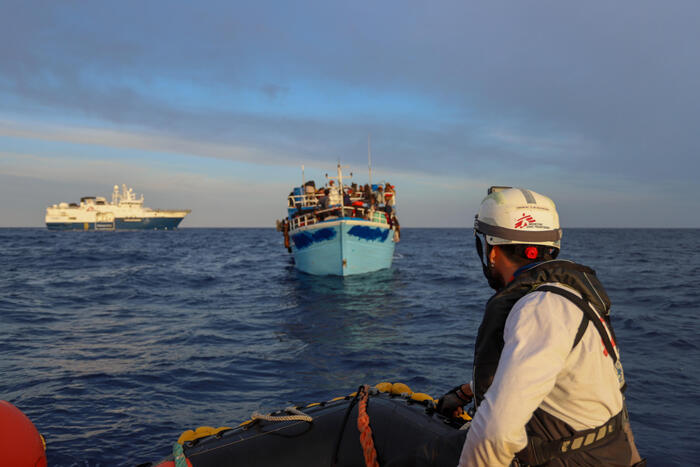
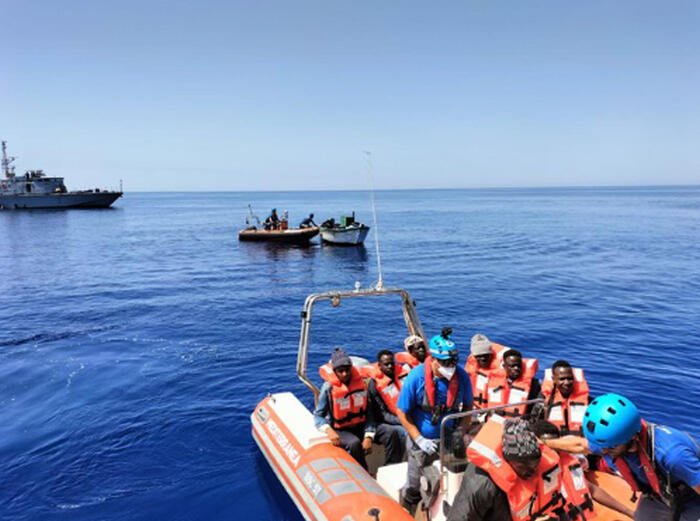
/cloudfront-eu-central-1.images.arcpublishing.com/prisa/2C5HI6YHNFHDLJSBNWHOIAS2AE.jpeg)




